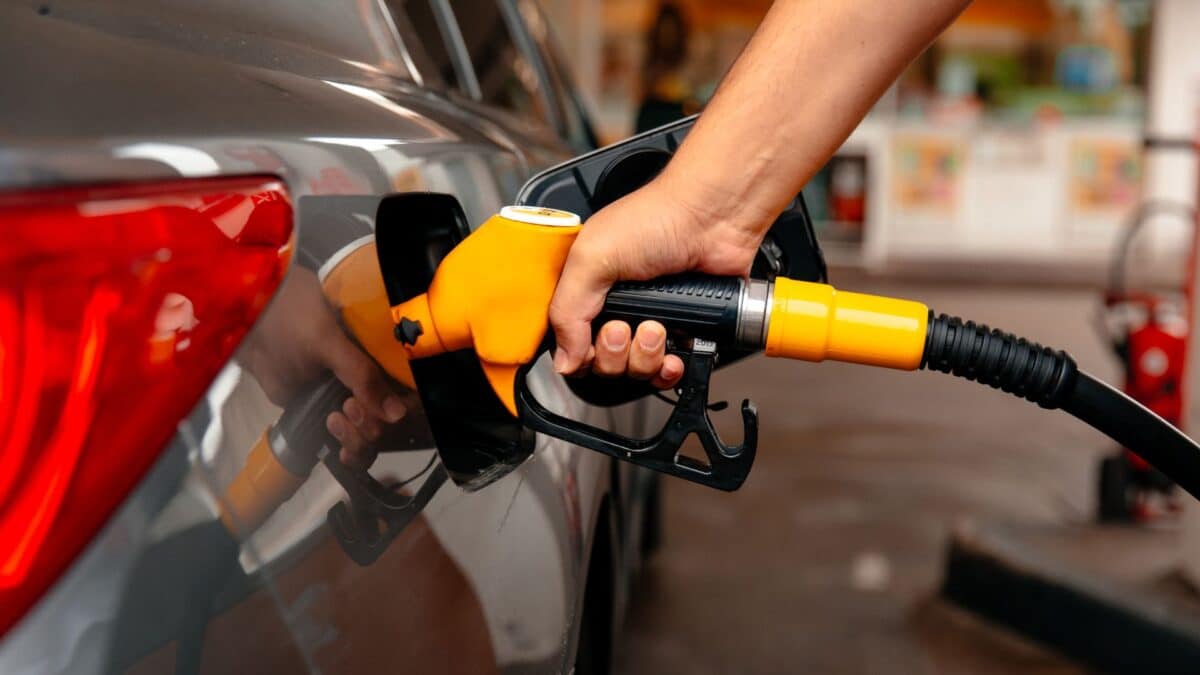As the Israel-Iran conflict continues to escalate, Australians are facing the prospect of higher petrol prices, with some experts predicting that prices could rise as high as $2.20 per litre. This surge in fuel costs comes as global oil prices soar, leading to concerns about the broader economic impact.
The national price for unleaded petrol currently sits at an average of $1.78 per litre, but analysts warn that it could climb significantly in the coming weeks, potentially reaching $2.20. The Reserve Bank of Australia (RBA) is closely monitoring the situation, as sustained high fuel costs could complicate its efforts to manage inflation and interest rates.
Surge in global oil prices tied to Israel-Iran conflict
The price of Brent crude oil, a key international benchmark, has been climbing in recent weeks, recently reaching $US77 per barrel—the highest level since January 2025. This surge has been largely driven by the ongoing conflict between Israel and Iran, with investors concerned about potential disruptions to oil supply in the region.
Currently, Brent crude is priced at approximately $US73 per barrel, but experts predict it could surpass $US100 per barrel in the near future if the situation intensifies. These fluctuations in global oil prices directly affect domestic petrol prices in Australia, as local fuel costs are tied to international market trends, despite Australia not importing oil directly from Iran.
Impact on Australian petrol prices
The price of crude oil has a significant influence on what Australian motorists pay at the pump. According to IG Australia market analyst Tony Sycamore, each $1 increase in the price of crude oil generally adds around 1 cent to the price of petrol per litre in Australia. With crude oil prices rising, this means that Australians could soon be paying significantly more for their fuel.
While the Israel-Iran conflict has sparked a sharp rise in oil prices, experts are concerned that if this geopolitical tension continues for an extended period, the price of oil could spike further, driving up domestic fuel costs. According to AMP’s chief economist Shane Oliver, oil prices have already surged by 13% over the past week, largely due to fears of disruptions in supply resulting from the ongoing conflict.
The Reserve Bank’s response to rising fuel costs
As petrol prices continue to rise, the Reserve Bank of Australia (RBA) is keeping a close eye on inflationary pressures. Higher fuel costs typically drive up the cost of goods and services across the economy, contributing to inflation. With inflation already a concern, the RBA is wary that sustained high petrol prices could complicate its efforts to bring inflation back to its target range.
Shane Oliver from AMP noted that if current oil price levels persist, it could lead to a price increase of approximately 12 cents per litre for Australian petrol prices. While this increase might be tempered by discounting cycles in major cities, the overall trend remains concerning for both consumers and the central bank.
Potential delays in interest rate cuts
The RBA’s ongoing efforts to manage inflation through interest rate adjustments could be impacted by the rise in petrol prices. Sustained high fuel costs could delay any planned interest rate cuts, as the central bank may opt for a more cautious approach to avoid exacerbating inflation.
According to market analysts, global central banks, including the RBA, will be closely monitoring the economic effects of rising oil prices. If oil-driven inflation proves persistent, it could influence monetary policy decisions, not just in Australia, but across the globe.
The RBA, like many other central banks, may adopt a more conservative stance on rate cuts to prevent inflation from spiralling further out of control. While Australia remains largely insulated from the direct impact of the Israel-Iran conflict, the country’s economy is not immune to the effects of rising global oil prices.









